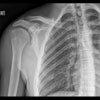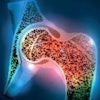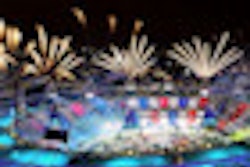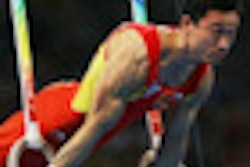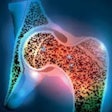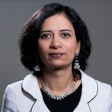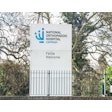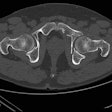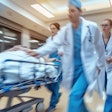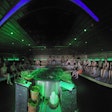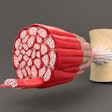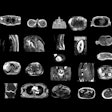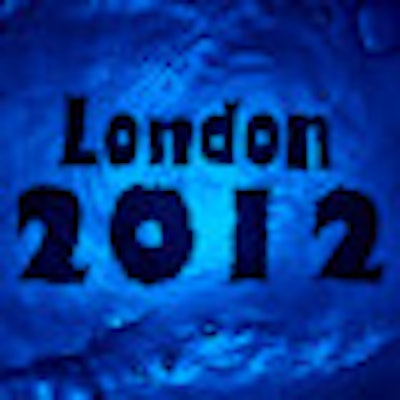
The organizers of the imaging polyclinic at the London 2012 Olympics are facing a serious shortage of MR radiographers, and have issued an urgent appeal for suitably qualified volunteers.
Officially, applications closed last October, but the deadline has now been extended indefinitely. At a special session held at the U.K. Radiological Congress (UKRC) in Manchester earlier this month, the organizers of the polyclinic said they probably have enough CT radiographers, sonographers, radiographic assistants, and radiologists, but there are definitely an insufficient number of MR radiographers, even before taking into account the likely attrition rate of up to 40%.
 The 2012 London Olympics will take place from 27 July to 12 August, and will be followed by the Paralympic Games from 29 August to 3 September.
The 2012 London Olympics will take place from 27 July to 12 August, and will be followed by the Paralympic Games from 29 August to 3 September.
Preference will be given to radiographers who have at least two years of experience in MRI, who have some musculoskeletal (MSK) experience, and who have worked with GE Healthcare equipment. Most of the equipment in the imaging polyclinic is being donated by GE, including two 3-tesla MR systems, one Discovery HD 750 CT scanner, four Logic E9 ultrasound units, and a dedicated MR machine for the extremities. The total value of the imaging equipment is around 7.9 million euros ($11 million U.S.).
"If there aren't enough MR radiographers to staff the scanners, they will have to bring them in and pay them, so then it becomes a budget issue. It's in the interests of LOCOG [London Organising Committee of the Olympic and Paralympic Games] to enable us to get the volunteers we need on the terms that we need them," said Dr. Philip O'Connor, imaging lead for the games and a consultant MSK radiologist from Leeds, U.K. "We expect to be able to give out timetables and schedules by October, so we're slowly pushing forward."
All 70,000 or so volunteers at the games must be age 18 or older on 1 January 2012. The target is to recruit 60 radiologists, 80 radiographers, and 40 radiographers' assistants. Candidates must be prepared to work for a minimum of 10 days in shifts and attend a minimum of three days of training. They will get free travel on public transport in London, but they must cover the cost of their accommodation. It is at the discretion of individual hospital trusts (or groups) as to whether an employee of the U.K. National Health Service (NHS) who works at the Olympics will receive paid, professional leave. O'Connor promised to support all his team members in this respect, and noted trust managers have been understanding so far.
Radiologists should have at least 12 months postcertificate of completion of training (CCT) experience. Applications are now being considered on an ad hoc basis, and there is no final cut-off date. O'Connor stressed he will consider the merits of each applicant and will be flexible whenever possible. LOCOG officials are still hoping to make accommodation available to some volunteers but are making no promises. They hope to secure space at the nearby Homerton University Hospital, he noted.
The imaging center will be open from 7 a.m. to 11 p.m., so volunteers must be willing to work in shifts. Good personal skills are also essential. No free tickets are given to volunteers, but they can watch the action on a large TV screen in the imaging center.
Any radiologists who are interested in applying should contact Dr. O'Connor (Philip.O'[email protected]), while radiographers should contact Carole Burnett ([email protected]).
A full article about imaging of the 2012 Olympics will appear next week on AuntMinnieEurope.com.
